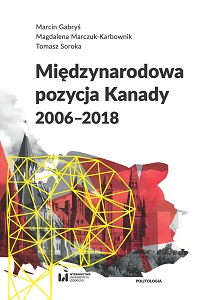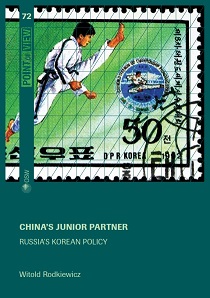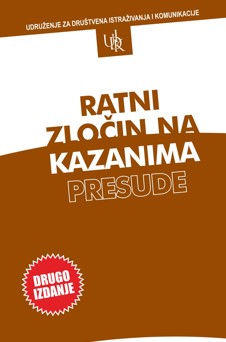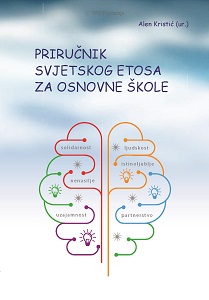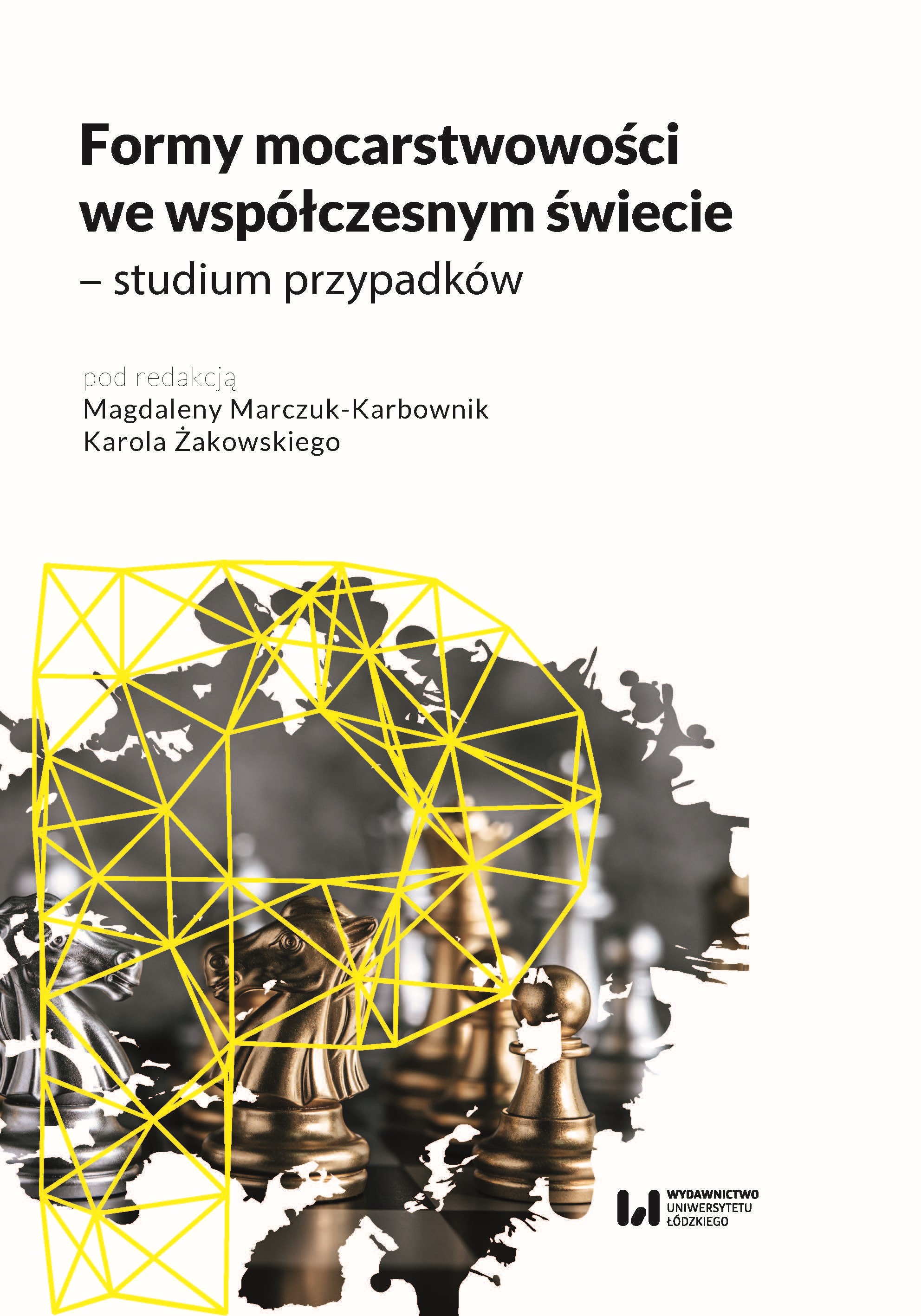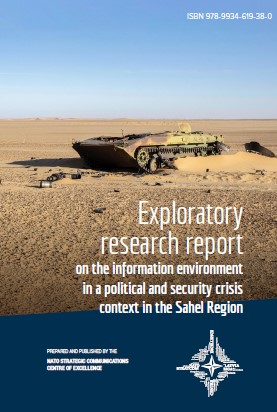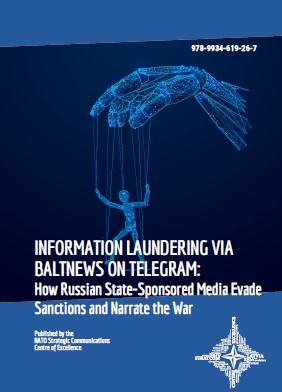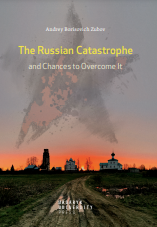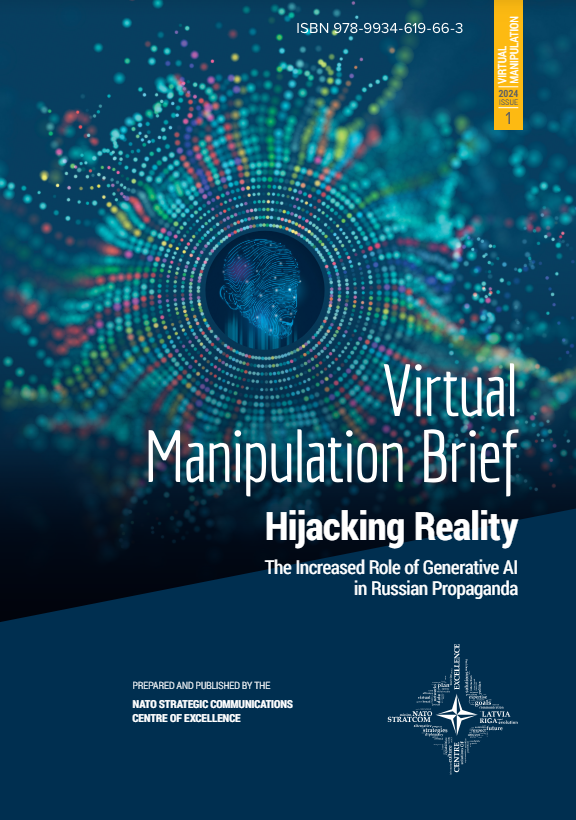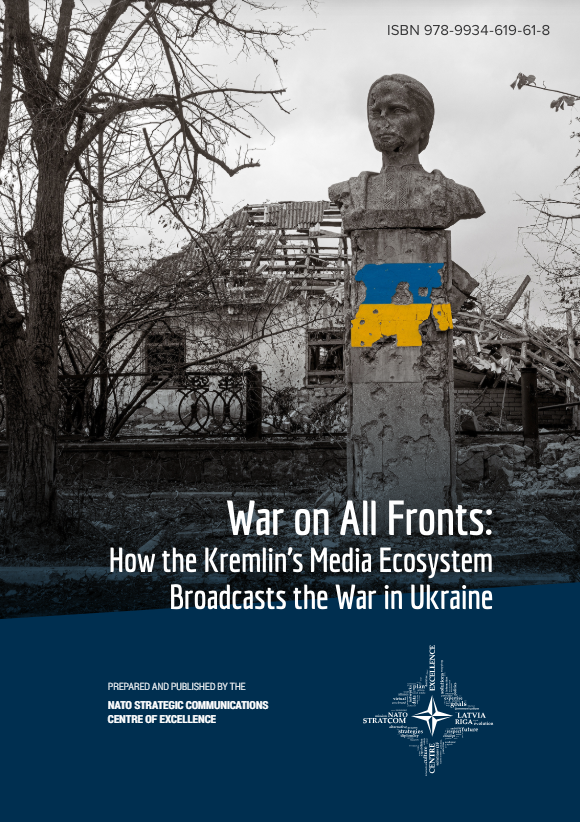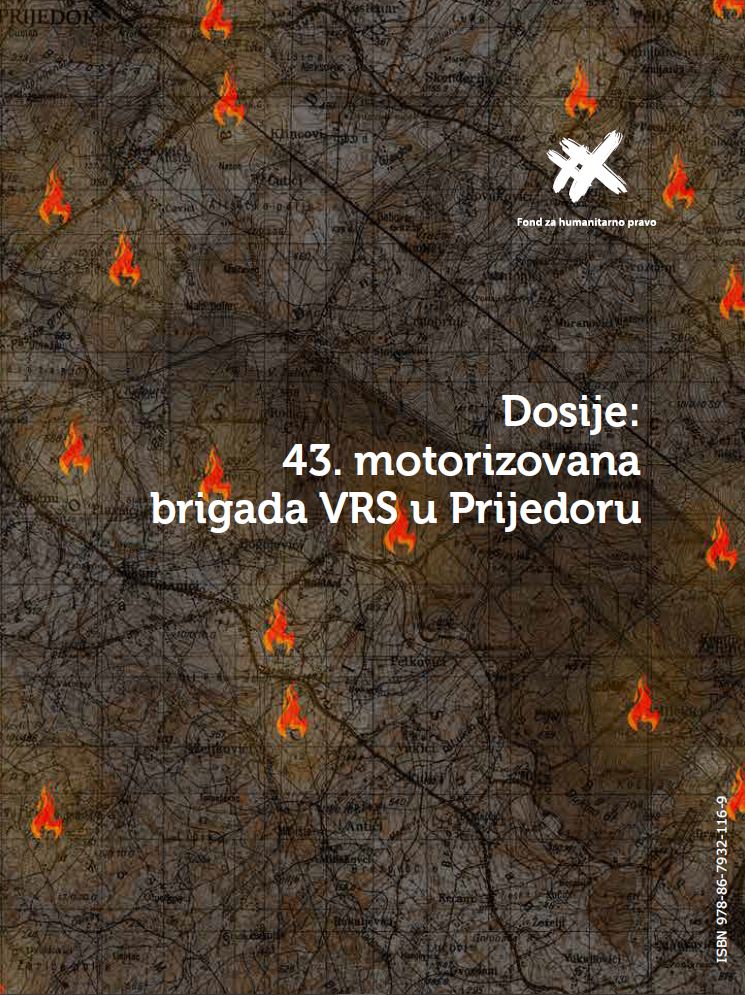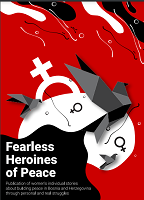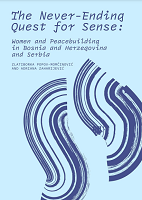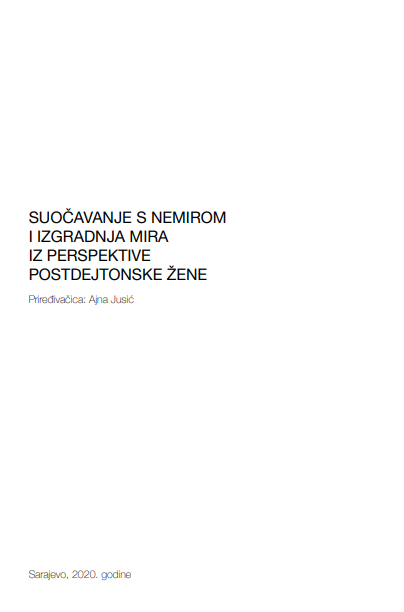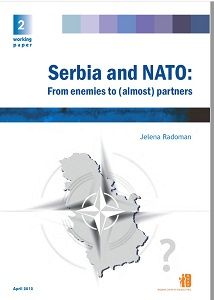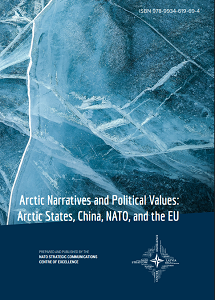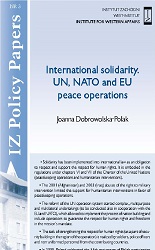
International solidarity. UN, NATO and EU peace operations
The moral obligation of solidarity – present in every religion – and the wayit functions in the relations between states, nations and people belongingto foreign ethnic, national and religious groups, have been discussed in theinternational arena for several years.The rule of solidarity is an ethical imperative that gives the right and imposesthe obligation to act whenever a human being experiences harm thataffects his mental and physical well-being or threatens his life. Accordingto John Paul II, “Solidarity is (…) a firm and persevering determination tocommit oneself to the common good; that is to say to the good of all and ofeach individual, because we are all really responsible for all”1. Tenzin Gjaco,the 14th Dalai Lama of Tibet says that when people demand the rights andfreedoms they cherish, they should not also forget about responsibilitiesthey have towards other people. “If we accept that others have an equal rightto peace and happiness as ourselves do we not have a responsibility to helpthose in need?”2. He claims that if we close our eyes to the suffering of othersto enjoy our freedom and success, we reject the responsibility. That is why it isabsolutely necessary to develop interest in the problems of others - individualsand entire nations3.
More...


